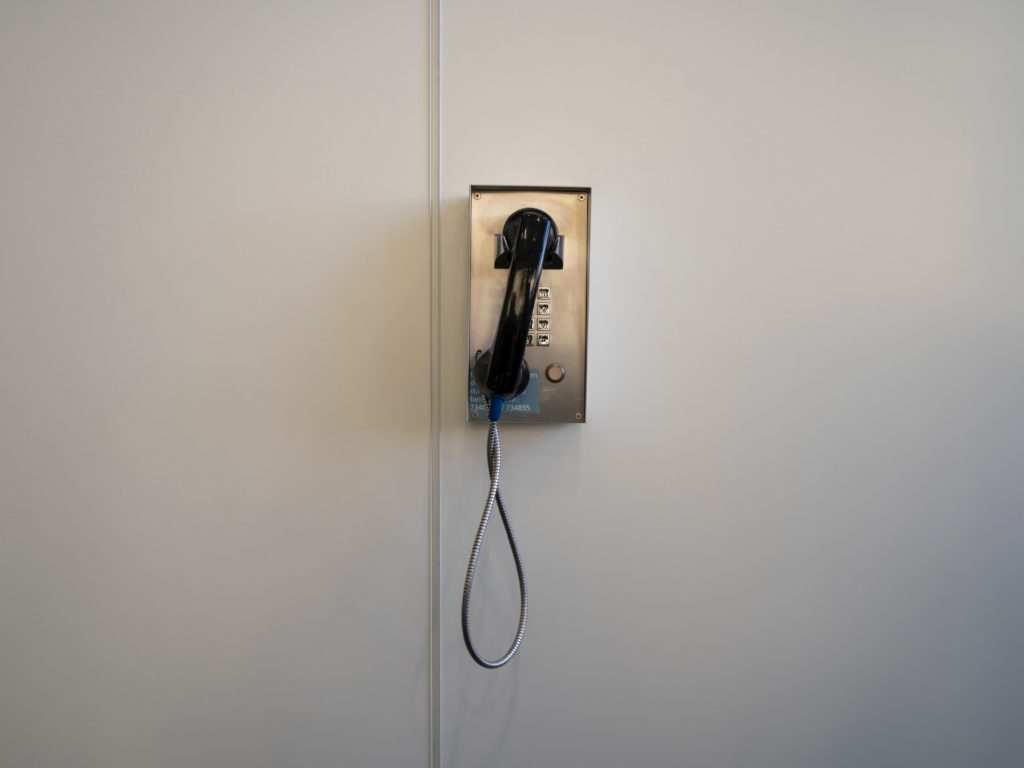
Insights
March 3, 2021WKR: pampering your staff, tax-free
You greatly appreciate your staff and you would like to show that appreciation. And so you provide attractive employment benefits for them. The WKR (work-related costs scheme) offers you the option to provide certain provisions or allowances to your staff tax-free.
Discretionary scope
You’re allowed to give your employees tax-free allowances and benefits in kind, up to a certain amount. This year, the discretionary scope has been temporarily increased to 3% of the total taxable wage over the first €400,000. This is a Covid measure. Next year, this will be reduced to 1.7% again. Should you exceed the discretionary scope, you pay 80% tax over the amount that exceeds the discretionary scope.
To a certain extent, it doesn’t matter what it is you provide to your employees using the discretionary scope. However, there is a limitation that should prevent improper use. This is called the conventionality test. This regulation stipulates that an allowance or provision provided from the discretionary scope, may not deviate more than 30% of what is conventional in similar circumstances. This is mainly to prevent the discretionary scope being used to pay out excessive bonusses. The Dutch Tax and Customs Administration assumes that allowances or provisions up to €2400 are conventional. You can also find this information in the article ‘Paying out bonuses under WKR’.
Specific exemptions
There are also certain reimbursements and provisions you can give your employees that will not be deducted from the discretionary scope. These are the so-called specific exemptions. For example:
- Public transport subscriptions
- Travel costs (you can reimburse an employee €0,19 per kilometre tax free)
- Costs for moving house for work purposes
- Meals when working overtime
In addition, there are certain items you can give to your employees that will help them do their job, such as a telephone, laptop or tools. You can provide these items tax-free as well, even if the employee also uses them for private matters. However, you do need to be able to give proof that these items are necessary for the employee to carry out his or her job. This is called the necessity criterion.
In line with this, there are also the so-called zero valuations. These are facilities related to the workplace that are allowed to be valued at zero for the discretionary scope. This beholds things such as work clothes, fitness facilities at work, refreshments at the workplace or a fixed computer.

Staff party
The rules regarding the WKR are pretty complicated. A good example for this is a staff party. Because drinks and food at the workplace are put under zero valuations, they’re not taxed. As a result, a staff party held at the workplace itself falls under zero valuations and will therefore not be taxed. This even applies to the drinks of an employee’s partner and the DJ playing music at the party.
Organising the same party at an external location would mean that all costs fall under the wage bill of your employees and are therefore taxable. You must pay income tax over these costs, unless you file them under the discretionary scope if there’s still room to do so.
As you’ll understand, there are still countless other situations to which the WKR applies. When in doubt, always seek advice from your accountant to avoid having to deal with an additional levy of 80%.




